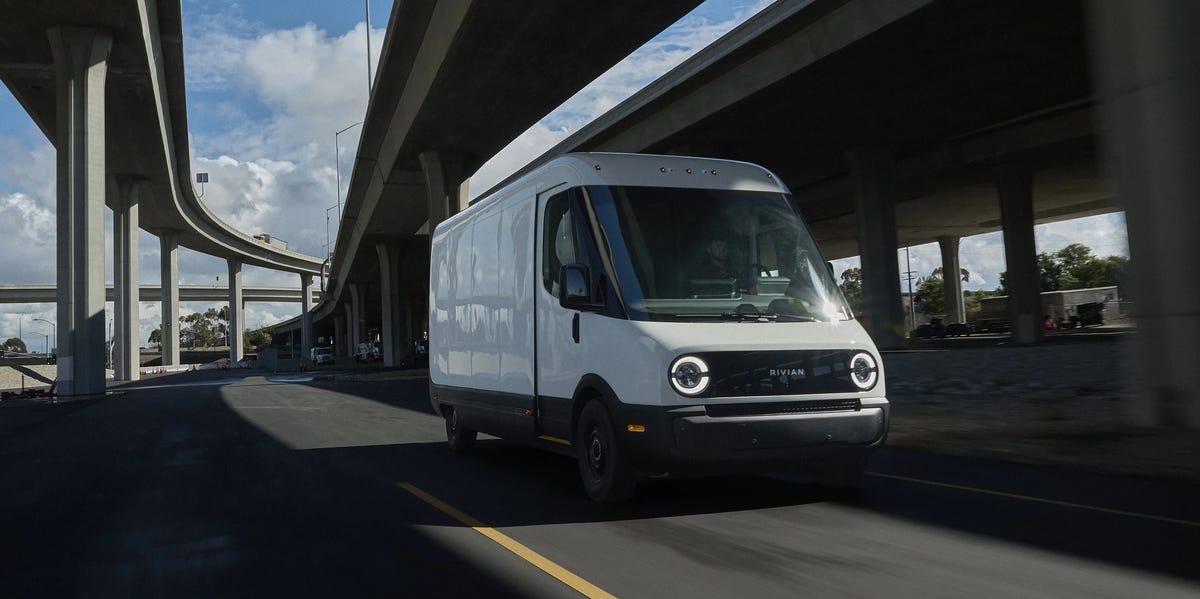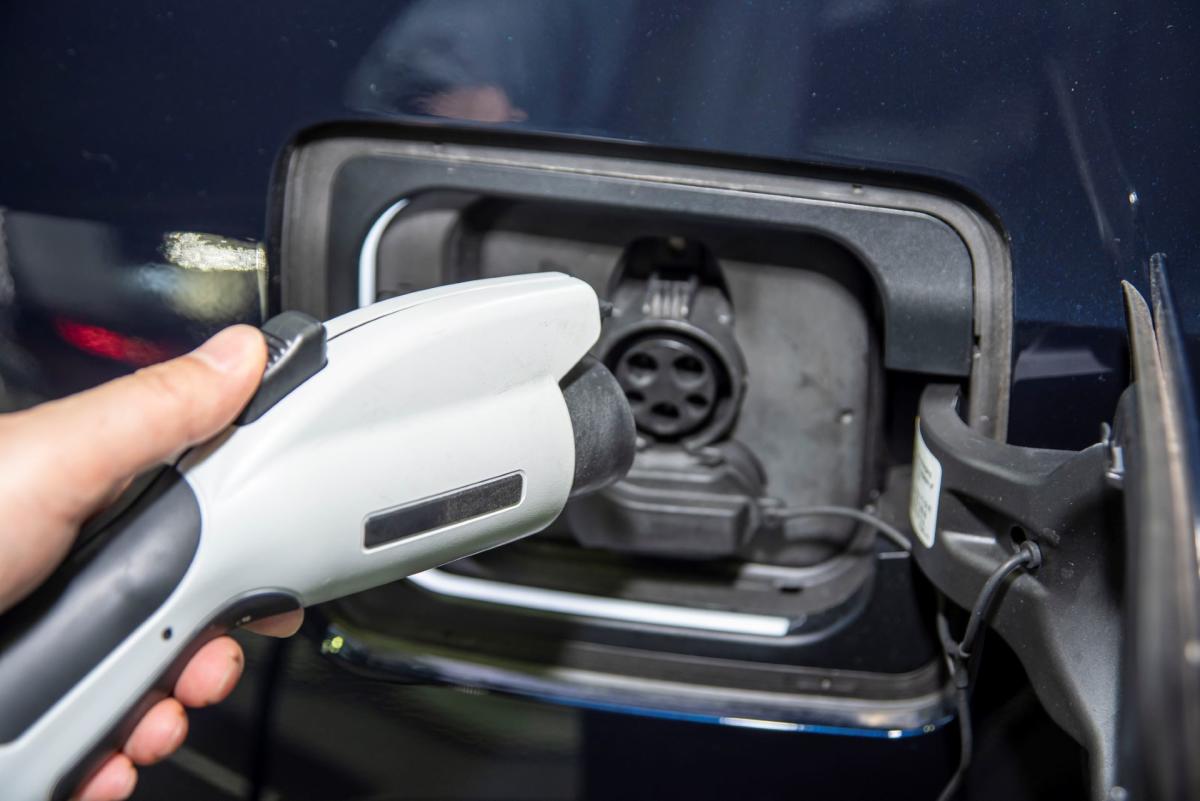CougTek
Hairy Aussie
I read that Rivian is going to offer the electric van it sells to Amazon for 83,000$ to mainstream buyers.

 www.caranddriver.com
www.caranddriver.com
It seems like a particularly bad value when compared to the Canoo MPDV, which starts at 33,000$ with a similar of better autonomy.

 www.canoo.com
www.canoo.com
I don't know if any of you or the companies you work for have a need for an electric van. I was looking at such a vehicle last year to move computer equipment. The Canoo got my attention.
Thoughts?

Rivian Will Now Sell You Its Electric Cargo Van
Even if your last name isn't Bezos, fleet sales are now open for either the Delivery 500 for $83,000 or the Delivery 700 for $87,000.
It seems like a particularly bad value when compared to the Canoo MPDV, which starts at 33,000$ with a similar of better autonomy.

EV Multipurpose Delivery Vehicle for Fleet and Commercial
Electric Multipurpose Delivery Vehicle designed and built for maximum productivity while providing class-leading cargo space for greater efficiency.
I don't know if any of you or the companies you work for have a need for an electric van. I was looking at such a vehicle last year to move computer equipment. The Canoo got my attention.
Thoughts?

